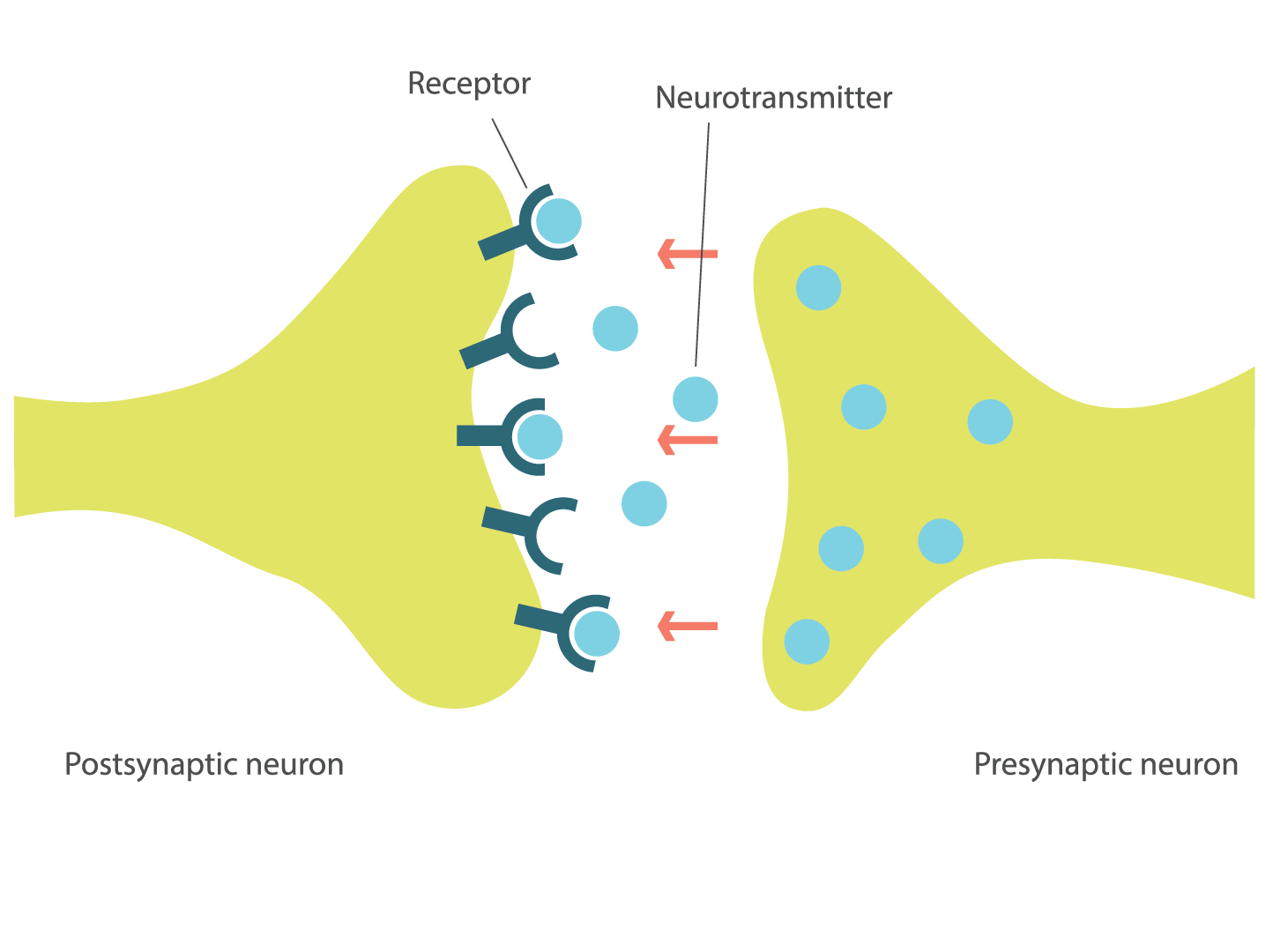What is Nicotine? The Ultimate Guide
Curious about nicotine? You’ve come to the right place. There’s a lot of assumed knowledge out there, but how much do we really know about this popular stimulant?
Let’s take a look at what nicotine is, how it affects your body, and the many nicotine products on the market right now, all while helping you feel empowered to make informed choices.
What is Nicotine?
Nicotine is a naturally occurring compound primarily found in the tobacco plant, although it’s also present in smaller amounts in other members of the nightshade family of plants, such as tomatoes, eggplants, and potatoes.
The ingredients of nicotine pouches and other products we carry (like nicotine gums) typically include:
- Nicotine (either derived from the tobacco leaf or synthesized);
- Fillers such as plant fibers;
- Flavorings;
- Sweeteners;
- pH regulators like sodium carbonate.


These components work together to provide a nicotine-infused product that is free from tobacco leaf.
When nicotine enters the bloodstream, it quickly reaches the brain and interacts with specific receptors. It can act as a stimulant, increasing alertness and energy, while also producing a calming effect.
What Are Nicotine Salts?
Nicotine salts are a form of nicotine found naturally in tobacco leaves, but they can also be made by mixing nicotine with certain acids. They are commonly used in products like vapes and nicotine pouches because they provide a smoother experience when vaping. This is because the acids help lower the irritation you might feel in your throat, making it easier to take in higher amounts of nicotine without discomfort.
Nicotine salts have become more popular recently, especially among people trying to switch from traditional cigarettes. Different acids can create different types of nicotine salts, which can change the flavor and overall experience.
Tobacco-Derived Nicotine vs. Synthetic Nicotine
There are two primary types of nicotine: tobacco-derived nicotine and synthetic nicotine.
Sourced directly from tobacco plants, found in products like chewing tobacco and cigarettes. It delivers nicotine through the oral mucosa or respiratory system.
Created in laboratories, this tobacco-free alternative shares the same chemical structure and effects as tobacco-derived nicotine, but without any traces of tobacco.
Synthetic Nicotine: A Deep Dive
With the growing popularity of tobacco alternatives, like nicotine pouches, you’ve probably heard this term thrown around. But what exactly is it, and why has it made such a significant impact on the industry?
Definition and Properties


Unlike traditional nicotine extracted from tobacco leaves, synthetic nicotine is entirely tobacco-free while still delivering the same effects you’d get from conventional options.
Synthetic nicotine shares the same chemical structure as traditional nicotine but is produced without any traces of tobacco. As a result, according to manufacturers, it doesn't contain the natural impurities seen in plant-derived products, ensuring a more consistent experience for users.
Synthetic nicotine, sometimes referred to as tobacco-free nicotine or TFN, has been around since about 1920 and is created through a chemical process in a lab.
Versatility and Product Offerings
One significant advantage of synthetic nicotine is its versatility. Like tobacco-derived nicotine, it can be made in various concentrations, allowing users to choose their preferred strength. Additionally, because synthetic nicotine is odorless and flavorless, manufacturers can easily enhance their products with a wide range of flavors and sweeteners. This makes it a popular choice for products like nicotine pouches and vapes, with options ranging from fruit-flavored to dessert-inspired creations.
Environmental Impact
It may seem obvious, but synthetic nicotine is produced without tobacco farming, eliminating the need for pesticides and reducing water consumption. This lab-created alternative allows for more controlled production processes and could inspire further innovations in the nicotine industry.
Is Synthetic Nicotine Safe?
When considering using synthetic nicotine, it’s natural to wonder how safe it is. It’s important to clarify that many people still associate nicotine with smoking-related diseases. However, the harm actually arises from the toxic chemicals in cigarette smoke, not the nicotine itself, so synthetic nicotine does present a viable alternative.
We know that synthetic nicotine has similar effects to tobacco-derived nicotine and is becoming more prevalent, so users should always use these products responsibly and stay informed about its overall impact on your health and wellbeing. It is especially important for pregnant people and minors to avoid using nicotine in any form.
Effects of Nicotine
Everyone will react differently to nicotine based on the dosage, their health, and history with nicotine. Many people report increased alertness, enhanced focus, a sense of relaxation, and appetite suppressing effects among other benefits.
While some of these effects of nicotine can be appealing, it's crucial to recognize that prolonged use can also lead to nicotine addiction and dependence. Notably, excessive use of nicotine carries the risk of nicotine overdose.
Here are some key points to consider when it comes to nicotine consumption:
- Cognitive Effects: Nicotine can improve mood and enhance cognitive functions, such as learning and memory by activating specific receptors in the brain.
- Addiction and Dependence: Prolonged use over time can lead to addiction, due to both the psychological associations and physiological changes in the brain’s neurotransmitter activity.
- Withdrawal Symptoms: Common withdrawal symptoms include irritability, anxiety, cravings, and difficulty concentrating when trying to quit.
Long-Term Effects of Nicotine
Long-term nicotine use can have various effects on the body, including:
- Cardiovascular Effects: Prolonged use can lead to increased heart rate and elevated blood pressure, straining the heart.
- Oral Health Issues: Tobacco-derived nicotine products may cause gum disease and tooth loss.
Nicotine Receptors
Understanding how nicotine interacts with our brain is key to grasping its effects. Think of neurotransmitters as messengers in the brain that send signals between nerve cells. Each type of neurotransmitter has a specific "lock" – or receptor – on the receiving nerve cell. When the messenger fits into the lock, it sends a signal, initiating important processes in the body.
When nicotine enters the bloodstream and reaches the brain, it binds to a specific receptor called the nicotinic acetylcholine receptor. You can imagine nicotine as a master key that fits into this particular lock, triggering the release of other neurotransmitters, like dopamine, which is often linked to feelings of pleasure and reward.


Desensitization of Receptors
However, when we consistently expose our bodies to nicotine, it’s like using that master key repeatedly. Over time, the key may wear down, making it less effective at unlocking the desired effects of the receptors. Consequently, the brain may require higher doses of nicotine to achieve the same level of enjoyment, which can lead to increased consumption and, ultimately, addiction.
When someone stops using nicotine after prolonged exposure, the absence of that stimulation can make the brain feel out of balance. This shift can lead to withdrawal symptoms, making it harder to quit as the brain readjusts to functioning without nicotine.
The Future of Nicotine Products
Just like everything else around us, nicotine products are changing and evolving all the time. With the rise of alternatives to cigarettes, there’s now a broader range of devices/formats, concentrations, and flavors to choose from. It’s an exciting time, but there’s also a lot to keep track of. It’s important to stay in the know to make choices that feel right for you.
Frequently Asked Questions
Nicotine is a primary alkaloid found in tobacco plants and key to all tobacco products, no matter if you consume it by puffing or in a pouch.
Nicotine can be addictive. It stimulates the release of neurotransmitters like dopamine, creating pleasurable sensations that can lead to dependency.
Nicotine binds to nicotinic receptors in the brain, triggering the release of neurotransmitters that enhance mood, focus, and alertness. Nicotine can also produce calming effects.
Yes, nicotine can enhance cognitive functions such as learning and memory by stimulating the release of neurotransmitters. However, it's important to note that individual responses may vary based on factors like usage patterns, health conditions, and tolerance levels. Consequently, it's not recommended to start with nicotine if you're seeking these benefits, as it may pose health risks and potential for dependency.
Nicotine typically stays in your system for 1-3 days after you stop using it. Its primary metabolite, cotinine, can remain detectable for about 10 days. Various factors including age, genetics, hormones, medications, and liver function can influence these durations.
Long-term nicotine use can lead to addiction, cardiovascular issues, oral health problems, and even some implications for mental health. It is vital to use nicotine products responsibly and stay informed about their effects.
Nicotine salts occur naturally in the tobacco leaf. They can also be produced by adding an organic acid to nicotine. They are commonly found in vaping products and are added to provide a smoother inhalation experience.
Synthetic nicotine, also known as tobacco-free nicotine or TFN, is produced in laboratories and not derived from tobacco plants. It offers similar effects to those of tobacco-derived nicotine, minus the tobacco.
The primary difference lies in their origins: Synthetic nicotine copies the chemical structure of nicotine but is manufactured in a lab, whereas tobacco-derived nicotine is extracted from the plant itself.










Login and Registration Form